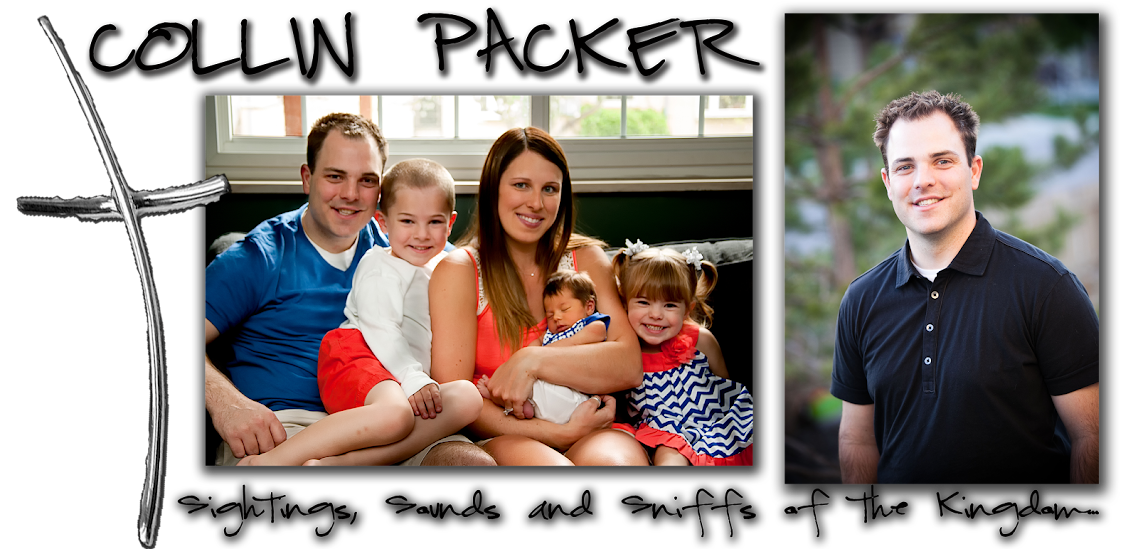Stories have power. We are the stories we tell ourselves...the good stories and the bad stories.
Some of you are still living into the narrative a teacher gave you when she belittled you by saying you would never amount to anything. Some of us have lived bad stories because we've believed bad stories and accepted their limitations.
Others of us were given imagination through wonderful stories that inspired us to do great things. Without those stories that shaped our world, we would never have lived the incredible lives we have.
We are the stories we tell ourselves.
And Victor Hugo is one of those wonderful story tellers. He understood the gospel.
But the interesting thing is Victor Hugo likely wouldn't have described himself as a Christian. The church frustrated Hugo because of its indifference to the plight of the poor in 19th century France.
So, how did Hugo embody the gospel so well in Les Miserables so well if he wasn't a Christian?
Have you been to the theater recently? There's plenty of anti-gospel stories on the big screen. But I'm telling you, if you have eyes to see, you'll see the gospel in some of the most unexpected places.
Have you listened to the radio recently? There's plenty of filth out there, but if you have ears to hear, the gospel emerges from the most unexpected artists as well.
I know the Bible says that Christians are only supposed to listen to "Christian" radio stations and "Christian" movies (I forgot the exact verse, but it's in there somewhere). But I'm finding that much of the stuff that passes the filter for KLOVE are merely poor counterfeits of what culture is producing with sappy lyrics that could be written for a girlfriend or boyfriend as easily as they are offered to God.
You don't know what I'm talking about? Just take a look at these "Christian" t-shirts.
Christian is a terrible adjective. And at times, Christians have uncritically purchased and consumed these "Christian" wares because the "Christian" business market is large enough and forgiving enough to make up for our apparent lack of creativity.
I appreciate bands like U2 and Mumford & Sons who are willing to navigate the "secular" music world while writing lyrics that tell the gospel in more creative and imaginative ways that will reach an audience that will never find their station tuned to KLOVE.
And that's what Les Miserables has caused me to rethink.
We need more preachers to be sure.
But we also need more creative storytellers wherever Christians find themselves in the world. I hope we can inspire imagination in a new generation of culture creators who won't tell and sell their stories in Christian "ghettos," but who will spin their stories in the middle of the world.
Jesus taught in parables. And the surprising thing about his parables is that he didn't tell them so that people would understand them on first hearing. He told parables that could only be unlocked if someone was willing to spend time with them and unravel their underlying implications. He left the audience "interpretive space" to come to their own conclusions, but only if they cared enough to investigate more deeply.
My encouragement to young Christians who want to change the world is this:
1) Immerse yourself in the Gospels. Get to know Jesus well.
2) Discover your artistic gift.
3) Don't automatically follow your parents' advice to enter the "Christian" ghetto in your industry.
5) Read Les Miserables. If you don't have the time to read it, start with the movie.
6) Get to work. Create art that tells the story of the Gospel in brilliant, subtle ways.





